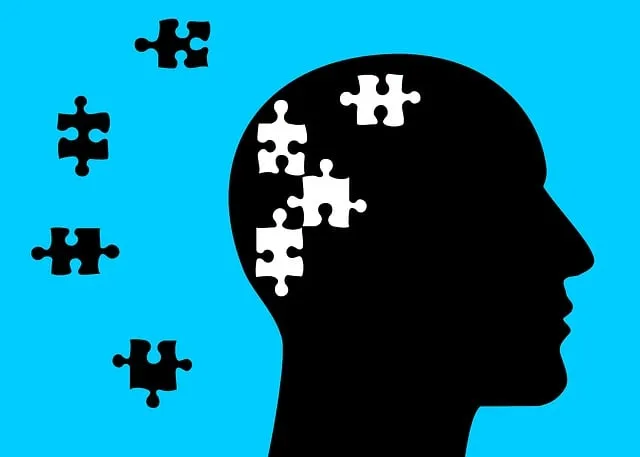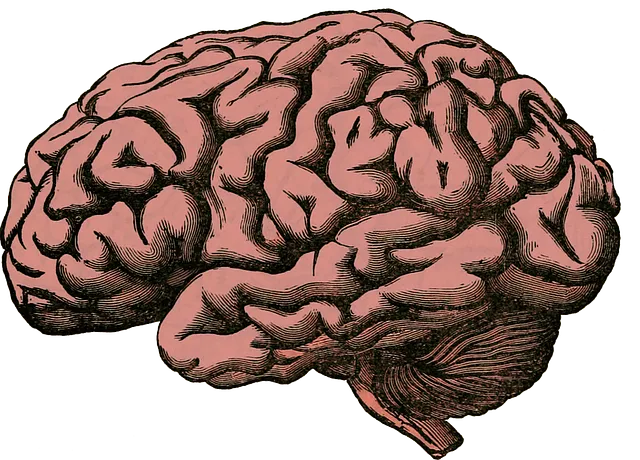Group facilitation at Westminster Kaiser Permanente behavioral health services requires a skilled approach to navigate diverse participant experiences and emotions. Facilitators create safe spaces through active listening, confidentiality, and empathy-building techniques, fostering open dialogue about mental wellness. Interactive activities, stress reduction methods, and personalized goal setting enhance community engagement and therapeutic outcomes. This tailored support aligns with Healthcare Provider Cultural Competency Training goals, empowering individuals with long-term mental health tools.
Mental wellness group facilitation is a powerful tool for fostering support networks and enhancing well-being. This comprehensive guide explores effective strategies employed by professionals at Westminster Kaiser Permanente behavioral health services. From understanding intricate group dynamics to creating safe, trust-based environments, we delve into key techniques. Facilitators are equipped with communication tactics, engagement boosters, and tailored support methods to empower individuals within these groups.
- Understanding Mental Wellness Group Dynamics
- Effective Communication Strategies for Facilitators
- Creating Safe Spaces: Building Trust and Connection
- Techniques to Enhance Group Engagement
- Supporting Members: Individualized Care Approaches
Understanding Mental Wellness Group Dynamics

Mental wellness group facilitation requires a deep understanding of dynamic interactions within the group. Each individual brings their unique experiences and perspectives, influencing how they communicate and connect with others. Facilitators at Westminster Kaiser Permanente behavioral health services play a crucial role in navigating this complexity. By fostering an inclusive environment, facilitators encourage active participation, ensuring every voice is heard and respected. This approach not only promotes open dialogue but also enhances the overall effectiveness of mental health education programs design.
Group dynamics can significantly impact individuals’ willingness to share and engage in self-care practices. Facilitators must be attuned to subtle cues and emotions within the group, addressing any potential barriers to participation. Through skilled guidance, they can help members overcome anxiety relief challenges and foster a sense of community. By recognizing individual needs and tailoring interactions, facilitators contribute to the success of these programs, making self-care practices more accessible and beneficial for all participants.
Effective Communication Strategies for Facilitators

Effective communication is a cornerstone for successful group facilitation, particularly within the context of behavioral health services at Westminster Kaiser Permanente. Facilitators play a vital role in guiding discussions and ensuring every member feels heard and respected. One key strategy involves active listening, where facilitators pay close attention to participants’ concerns, thoughts, and feelings without interrupting or offering solutions prematurely. This approach fosters an environment of trust and encourages open dialogue.
Additionally, incorporating Mind Over Matter Principles can enhance communication dynamics. Facilitators can help members recognize the impact of their words, promoting self-awareness and empathy. By encouraging participants to share personal experiences related to resilience building, facilitators create a supportive atmosphere that normalizes mental health challenges. This technique not only enhances communication but also contributes to developing a sense of community within the group, mirroring the goals of Healthcare Provider Cultural Competency Training.
Creating Safe Spaces: Building Trust and Connection

Creating safe spaces is a cornerstone of effective group facilitation, particularly within behavioral health services like those offered by Westminster Kaiser Permanente. Establishing trust and fostering connection among participants is vital for encouraging open dialogue about mental wellness. Facilitators can cultivate this environment by ensuring confidentiality, actively listening to each member’s unique experiences, and modeling empathy. A safe space allows individuals to explore their mental illness without fear of judgment or repercussions, a crucial element in reducing the stigma associated with mental health issues.
This sense of security enables participants to form meaningful connections, sharing their stories and supporting one another through mutual understanding. Techniques such as icebreakers and structured activities that encourage active participation can further enhance these bonds. By incorporating practices like Mental Wellness Journaling Exercise Guidance, facilitators can help individuals process their emotions, gain insights into their mental health journeys, and build resilience. Through these collaborative efforts, groups can become powerful support systems, complementing professional care and contributing to improved outcomes for those navigating mental illness.
Techniques to Enhance Group Engagement

In facilitating mental wellness groups at Westminster Kaiser Permanente behavioral health services, engaging participants is paramount. One effective technique is incorporating interactive activities that encourage active participation. This could involve group discussions, role-playing scenarios, or even creative exercises like art therapy sessions. These activities not only break the monotony of typical talks but also foster a sense of community and shared experience among members. By actively participating, individuals are more likely to process information deeply and apply it to their own lives, enhancing the overall therapeutic effect.
Additionally, facilitators can boost engagement by incorporating diverse stress reduction methods and self-care practices into group sessions. This might include guided meditation, mindfulness exercises, or sharing personal strategies for managing mental health. Incorporating these practices helps members learn from one another, fostering a supportive environment that encourages open dialogue. Moreover, risk assessment for mental health professionals should be continually conducted to ensure the safety of all participants while maintaining a conducive atmosphere for group dynamics and emotional well-being.
Supporting Members: Individualized Care Approaches

In facilitating mental wellness groups at Westminster Kaiser Permanente behavioral health services, one of the key aspects is tailoring support to each member’s unique needs. Group members often face diverse challenges related to emotional well-being, and individualized care ensures that everyone receives appropriate guidance. Facilitators employ techniques like active listening and personalized goal setting to understand each participant’s struggles and aspirations. This approach fosters a sense of belonging and encourages open dialogue, creating a safe space for sharing experiences and coping strategies.
By incorporating Emotional Well-being Promotion Techniques and Burnout Prevention Strategies for Healthcare Providers, the mental wellness groups at Westminster Kaiser Permanente aim to enhance resilience and overall crisis intervention capabilities. These methods help group members manage stress, improve self-care practices, and develop effective communication skills. The goal is to empower individuals with tools that not only address immediate concerns but also contribute to long-term mental health stability and well-being.
Mental wellness group facilitation is a powerful tool for fostering community, trust, and healing. By implementing techniques discussed in this article—from understanding dynamic group behaviors to enhancing engagement through diverse strategies—facilitators at Westminster Kaiser Permanente behavioral health services can create safe spaces where members feel supported and empowered. These practices enable individuals to navigate their mental wellness journeys together, ultimately improving outcomes within these supportive group settings.






